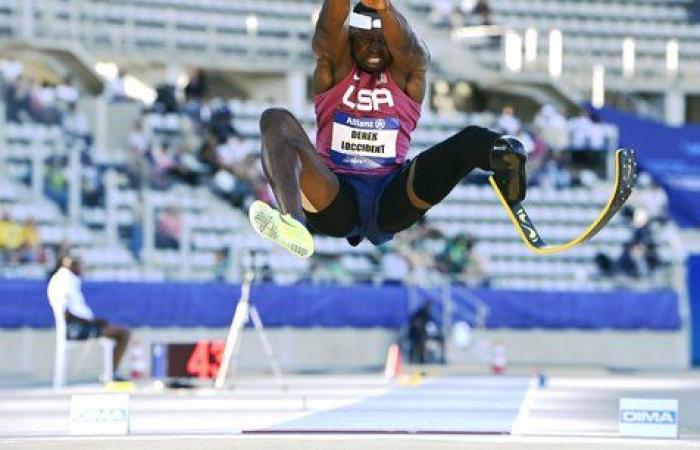
Nelson Mandela already said it more than twenty years ago: “Sport has the power to change the world. It has the power to unite people in an almost unique way. Sport can create hope where there was only despair […] Sport involves all types of discrimination. » In a society in search of solutions to heal its ills, can sports practice improve living together, promote inclusion and act on the well-being and development of all? In any case, this is the challenge that the Paris 2024 Endowment Fund has tackled to maximize the societal impact of the Olympic Games and ensure it continues well after the closing ceremony.
Throughout France, more than a thousand projects have been set up by consortiums of public, private and associative actors to experiment with solutions that could change the world through sport tomorrow. “ Since 2020, our methodology has made it possible to bring together actors who were not used to working together to experiment with innovative devices, explains Marie Barsacq, Executive Director Impact and Legacy at Paris 2024. While waiting for the impact studies, currently being finalized, we already know that most of the operations have been successful and that they will be continued by the National Sports Agency.
Olympic athletes on Mont Blanc to raise awareness about global warming
In synergy with the Great National Cause 2024, we are proud to have participated in this collective emulation to change the lives of millions of people. » Among the initiatives that will be developed and institutionalized in the coming months, we include, for example, the organization of recruitment sessions on sports fields, which promote the professional integration of young people by allowing them to highlight their human qualities and relational. The issues of parity and diversity are also in the spotlight with the “Sport for Women” program which offers support, psychological help and childcare solutions.
In the capital, the “Paris Sportives” system encourages women to dare to play sports in the streets and parks thanks to appropriate support. Because if public spaces are still 85% occupied by men, the same is true of playgrounds, where devices have been tested and duplicated in 1,500 schools to encourage girls to practice physical activity through fun tracings.
Numerous “active design” operations have also been experimented with, such as in the town of Saint-Dizier, in Haute-Marne, which gets its inhabitants moving thanks to athletics tracks and hopscotches drawn on the ground… In Throughout France, the practice of disabled sports is also encouraged through the training of 3,000 sports clubs to welcome users with disabilities, so that everyone can practice the sport that suits them. A sign that a cultural revolution has indeed begun?





